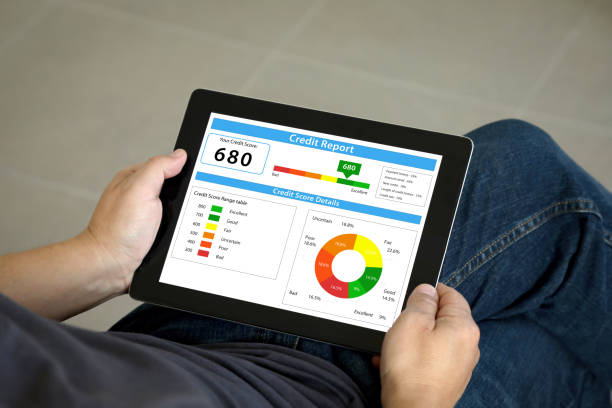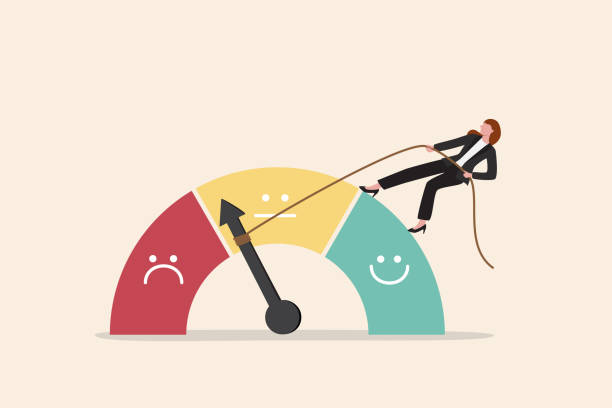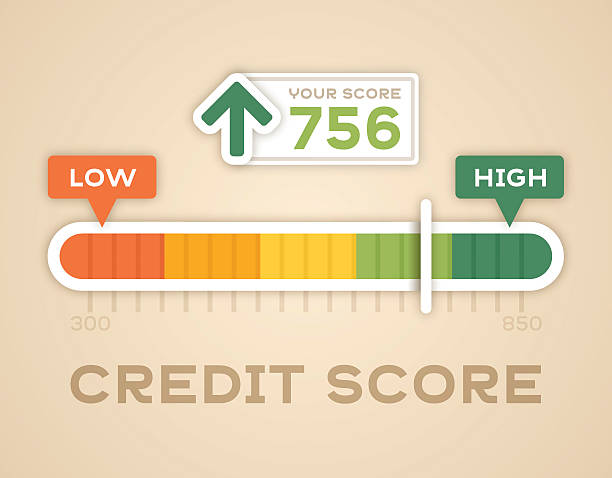A bad credit score in Canada isn’t defined by one thing. Almost 10% of Canadians are falling behind on bills. When you start falling behind on bills, your credit drops.
For every dollar spent, Canadians owe $1.77. The only way to alleviate such a debt-to-income ratio is to pay off your bills and try to secure lower interest rates on what you owe. However, you can’t secure lower interest rates without good credit.
Luckily, there are plenty of ways to improve your credit score in Canada.
Do you want to learn more about how to raise yours? Keep reading for a guide that looks at good and bad credit scores in Canada and how to improve yours.

What Is a Good Credit Score and a Bad Credit Score in Canada?
In Canada, credit scores range anywhere from 300 to 900. While every province varies, the average score is 650. With a score of 680 or higher, it’s much easier to qualify for new products and refinance existing debt.
However, any credit score below 680 makes it difficult to qualify for new credit. If you do qualify with lower credit, you’ll likely only get offers with extremely high-interest rates.
Technically speaking, a “good” score begins at 680, but we recommend aiming for 700 or higher.
Anything ranging from 300 to 559 is considered very poor. With a score within this range, you’ll probably have a very difficult time getting approved for a loan or any type of new credit.
A score of 560 to 679 is still poor but may warrant approval for getting secured products, but with higher-interest rates.
Scores from 680 to 900 are considered excellent, and with an excellent score, you’re pretty much guaranteed to get approved for any credit product and with an extremely low-interest rate, provided you meet the qualifying income criteria.

How Can I Raise My Credit Score?
There are a few ways to raise your credit score in Canada so that you can build great credit and get lower interest rates on all new credit in the future. Let’s take a look at some of the best ways to raise your credit score.
Get a Secured Card
A secured credit card is different than a typical credit card in that you, the borrower, make a deposit into your lender’s account. In return, you’ll receive a credit card with a credit limit that equals the amount you deposited.
The deposit amount can range anywhere from $200 to $3,000. If you don’t pay your bills, the lender uses your deposit to pay the debt. You’re expected to use new funds to pay your debt, though, just like a typical credit card.
The card works exactly like a traditional card, including interest, which is why it offers a great way to rebuild your credit. On-time payments and a good credit utilization ratio will help rebuild your credit quickly. The card provides a way to show that you have the ability to manage credit.
Get a Credit-Builder Loan
A credit-builder loan provides another excellent way to rebuild your credit. When you get approved, the amount that you borrow gets held in a bank account while you make payments against it. Typically, you aren’t allowed to access what you’ve borrowed until you’ve paid it off in full.
You’re essentially building savings for yourself and building your credit at the same time. By not allowing access to the loan until you’ve paid it off, the lender has a safety net. Your loan payments will get reported to at least one of the credit bureaus, and thus, provides a quick way to rebuild credit.
Become an Authorized User or Get a Co-Signer
Another way to build your credit is to become an authorized user on someone else’s credit card. You don’t necessarily have to access the account, but there are cards that exist that allow for authorized users. Some set spending limits for those users, which is a great way to get the account holder to feel more comfortable adding you to their card.
You could also ask someone if they’d consider adding you without giving you a card or giving you access to a card.
You won’t build credit as quickly this way as you would by getting a co-signer, though. When you ask someone to co-sign on a loan or a credit card, they’re putting their credit on the line for you. If you don’t pay, the debt becomes their responsibility.
That being said, using a co-signer is an excellent way to secure a lower interest rate and rebuild your credit fast.

How Do I Know My Credit Score?
In Canada, there are 2 national credit bureaus: TransUnion Canada and Equifax Canada. You can ask both bureaus for a free credit score report by mail.
If you don’t want to wait, you can purchase your reports for instantaneous results. Opting to get a report rather than just your credit score is a great idea because you’ll be able to see exactly what’s on your report. However, you can also view your credit score through both bureaus.
If you’re on a path to raising your credit score, it’s a good idea to get a report from both bureaus.
What If I Need to Borrow Now?
Say you want to raise your credit, but you don’t have time to wait. There are options for those with bad credit who want to secure a bad credit mortgage or a high-interest car loan, especially if you can offer a bigger down payment.
You might get locked into a high-interest rate, so just make sure there’s no prepayment penalty and that you have options to refinance once you’ve built your credit and paid your bills on time for 6 months to a year.
Start Raising Your Credit Score in Canada Now
If your credit score in Canada is poor, don’t fret. From secured credit cards to co-signers, there are plenty of ways to rebuild your credit. If you need a car or a home now, there are also options for securing a loan when you have bad credit.
Just make sure that if you go down that route, you still spend time rebuilding your credit while you’re making payments on your new loan. That way, you’ll be able to refinance sooner than later and say goodbye to high-interest rates.
If you are a prospective home buyer or already own a home and have bad credit, Turnedaway.ca can help.




